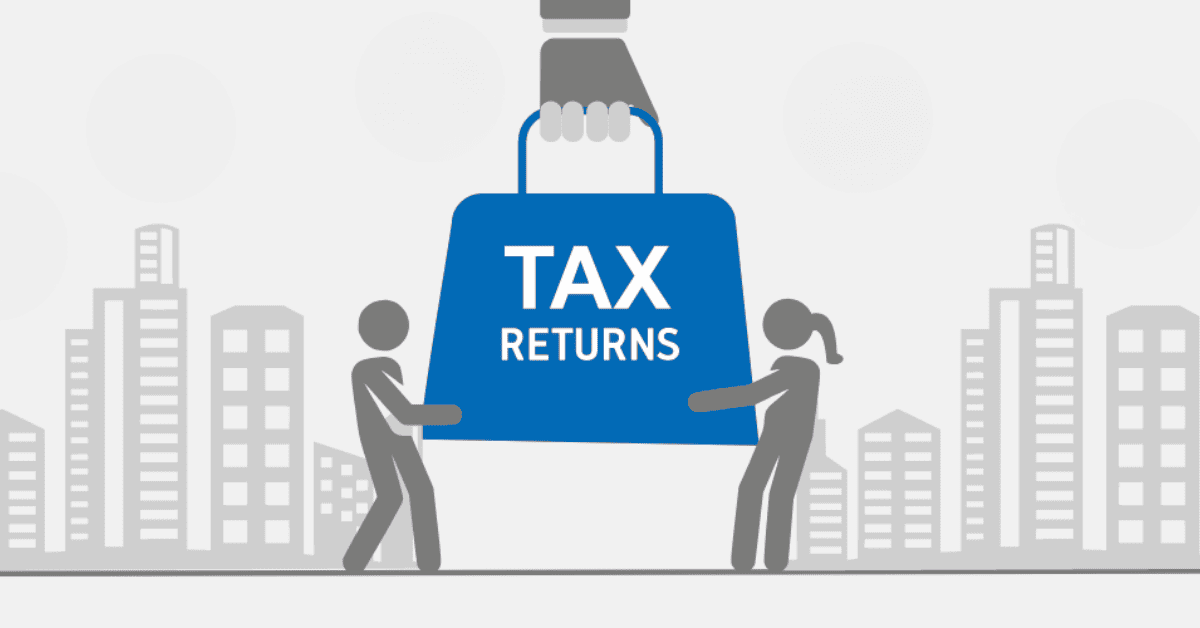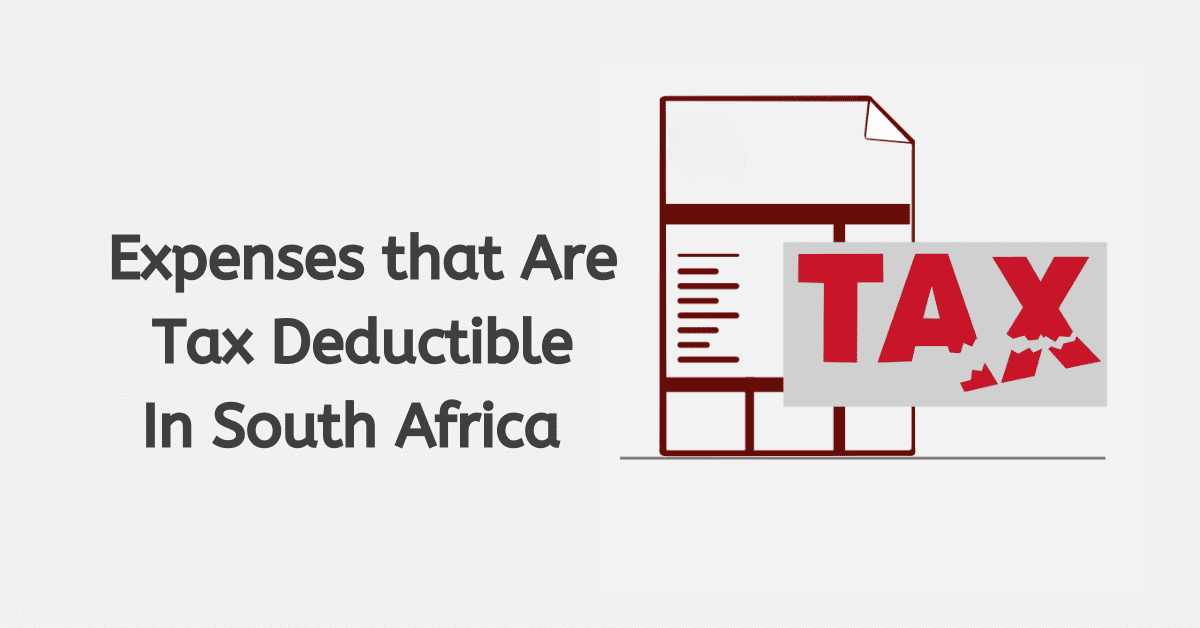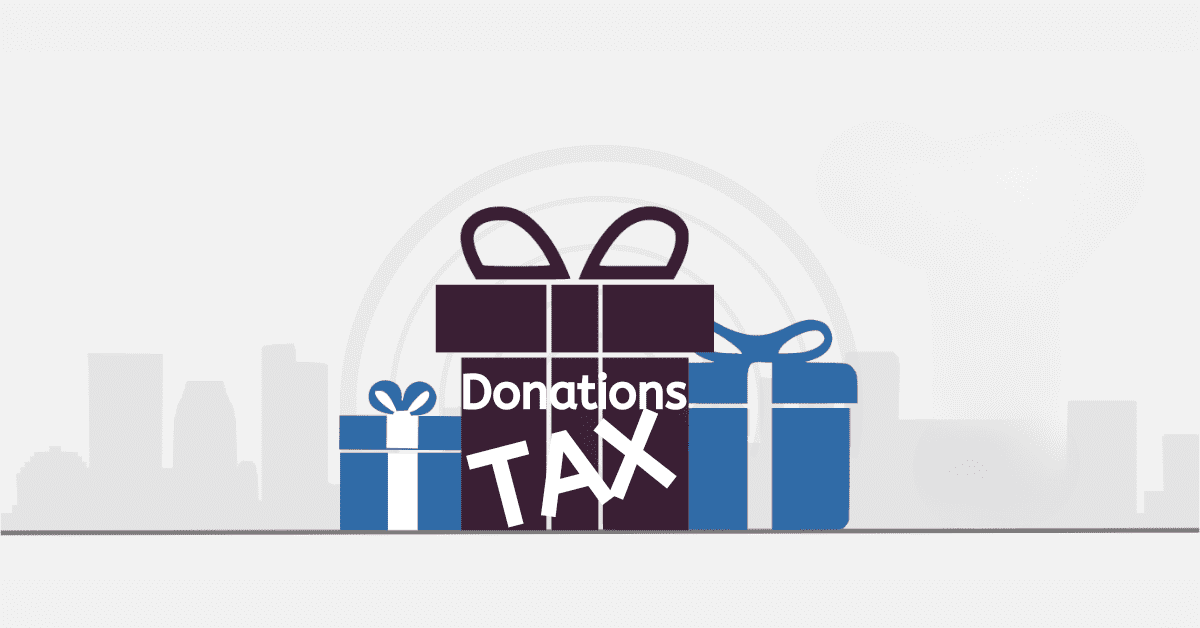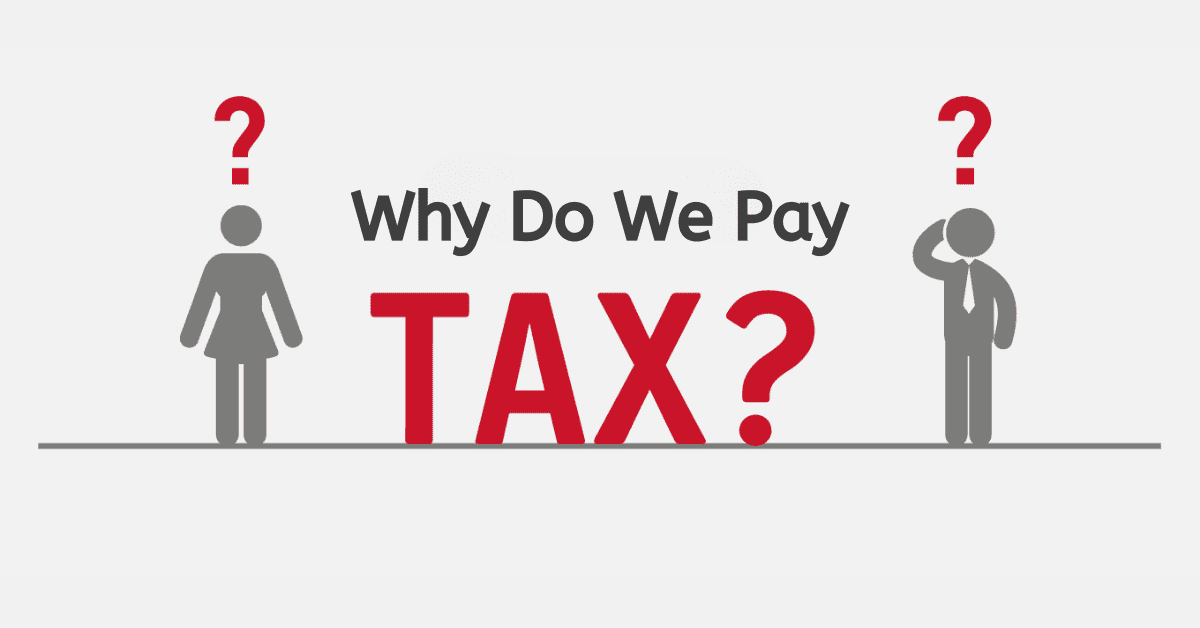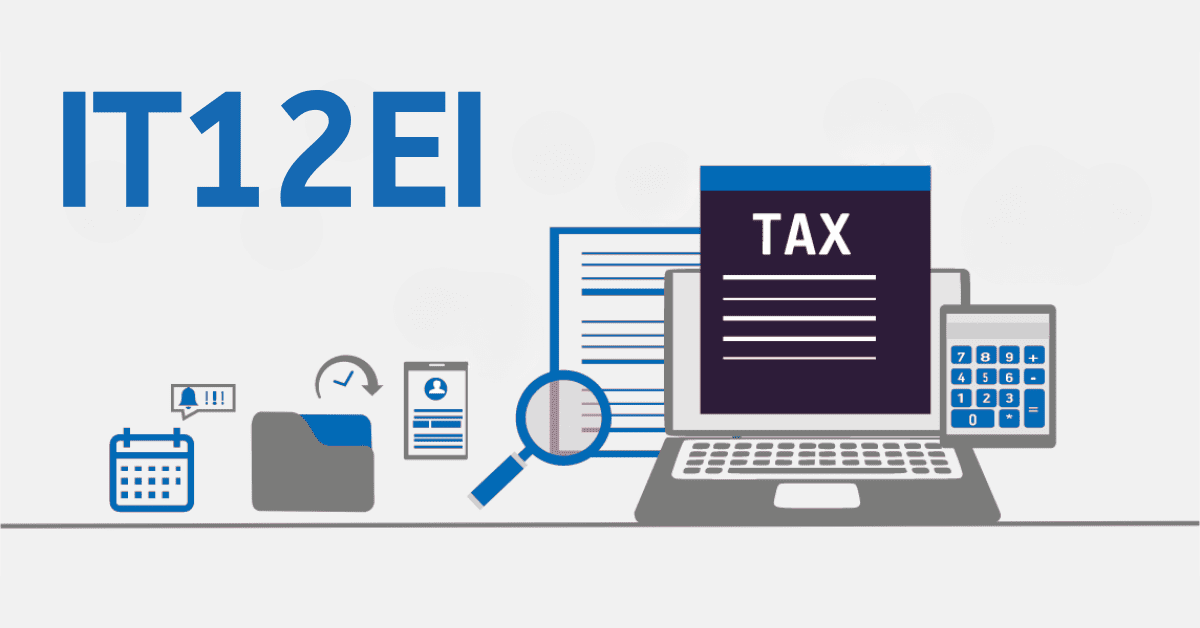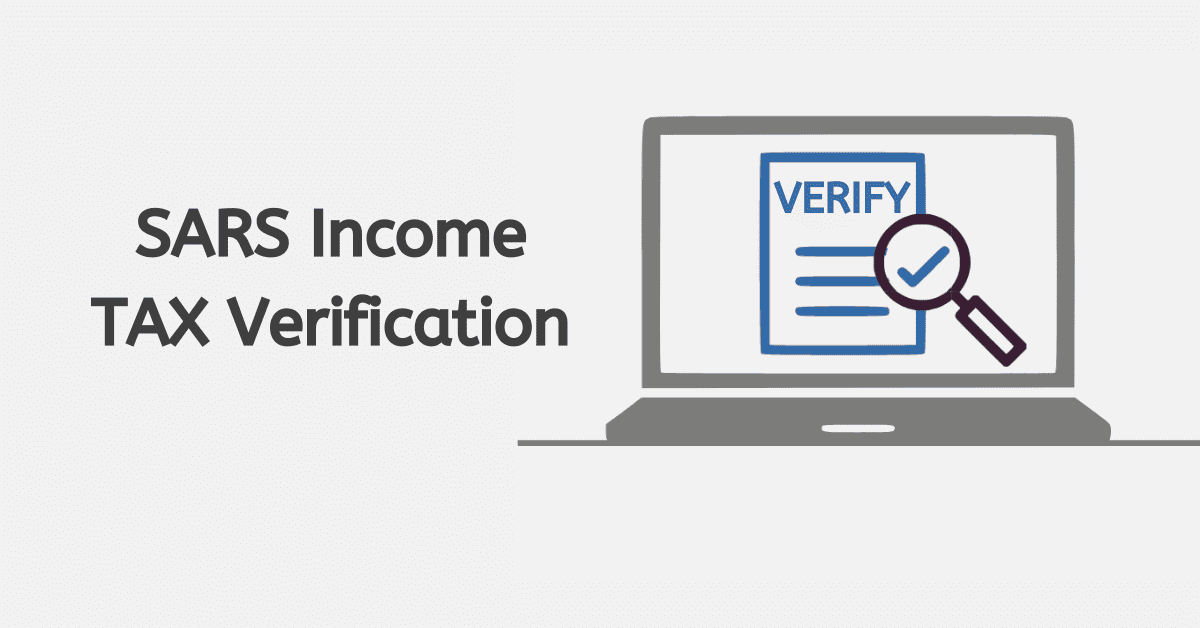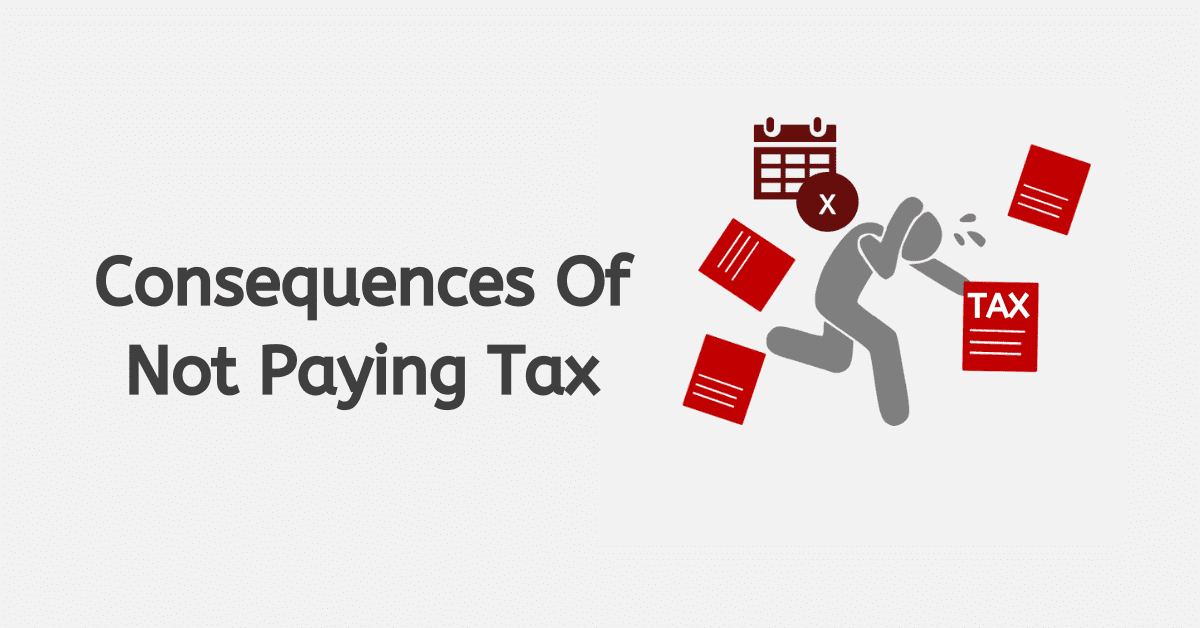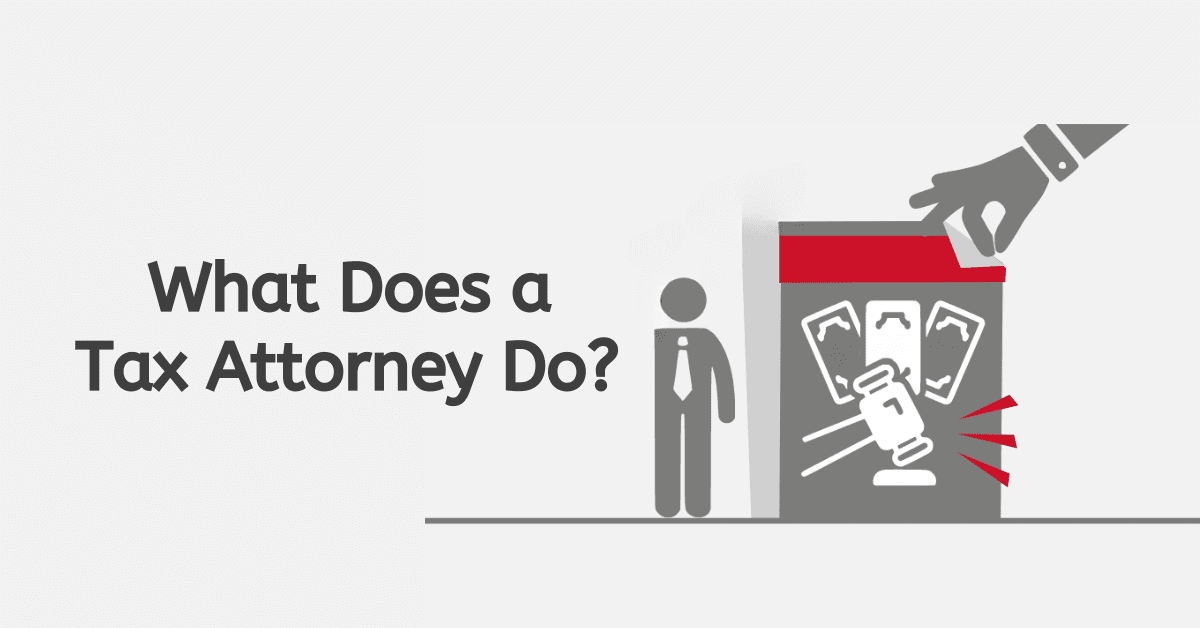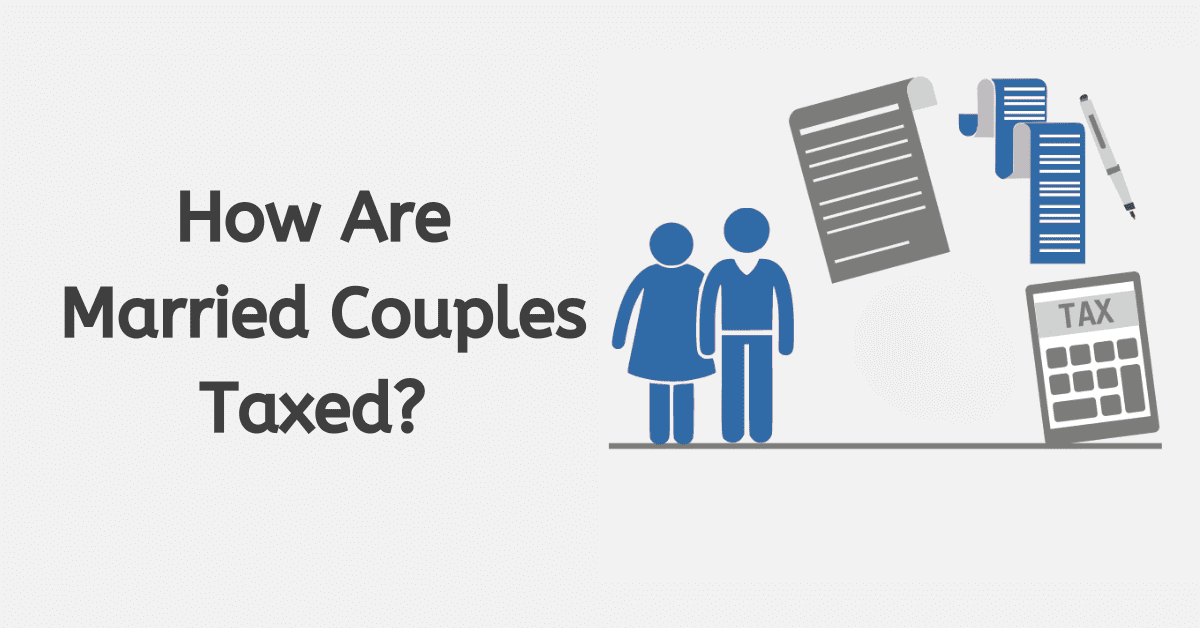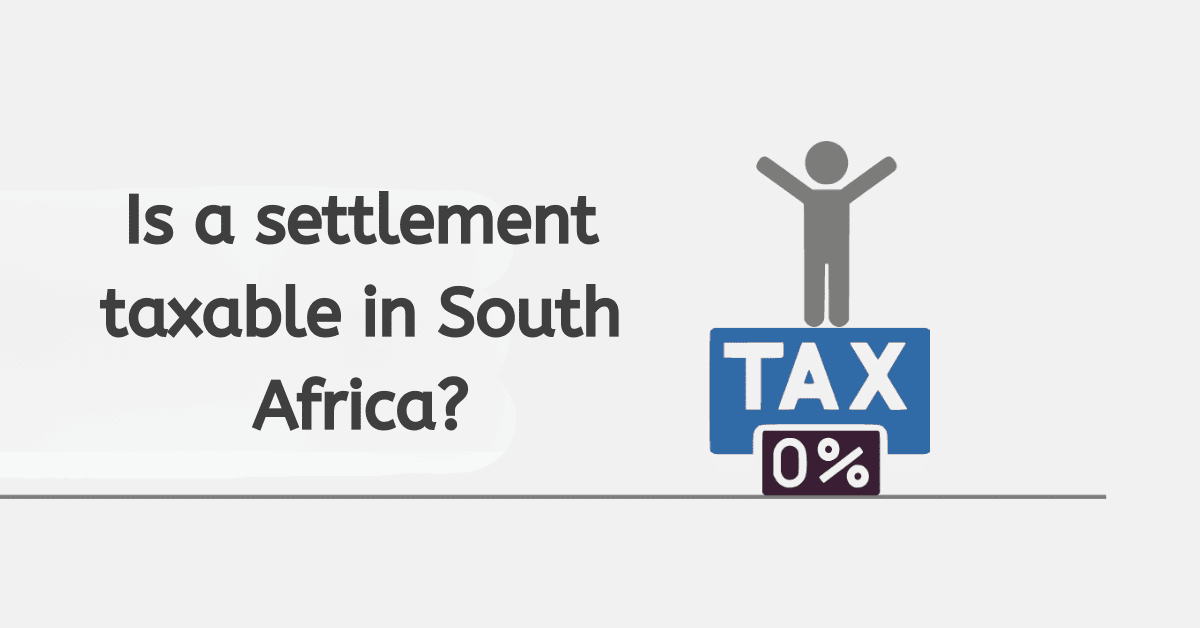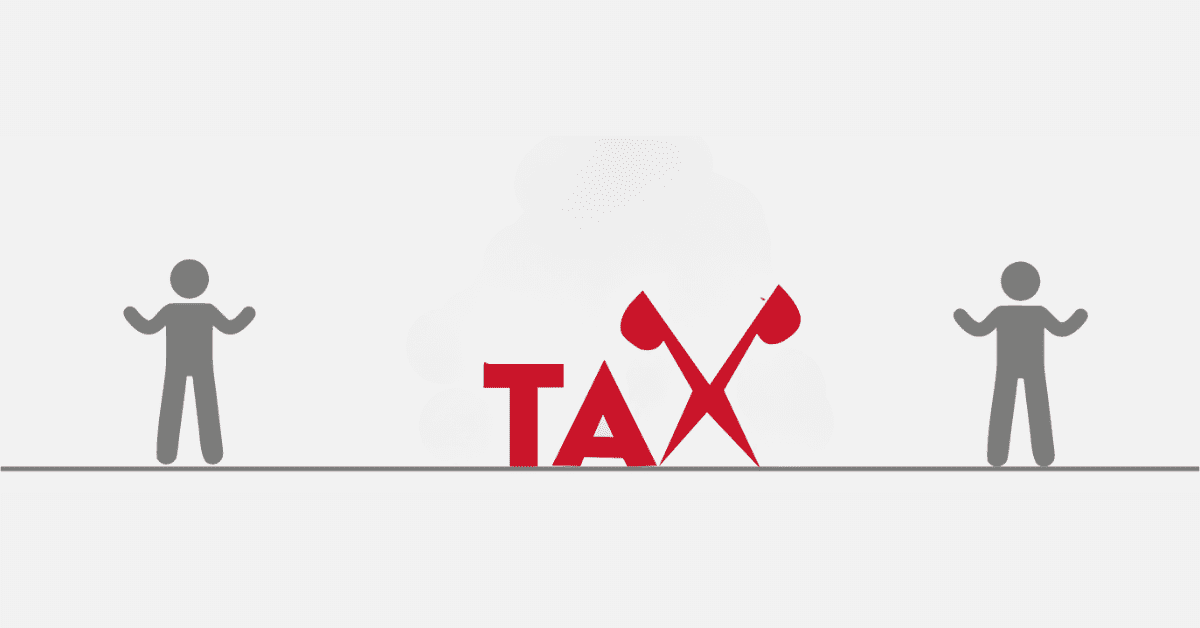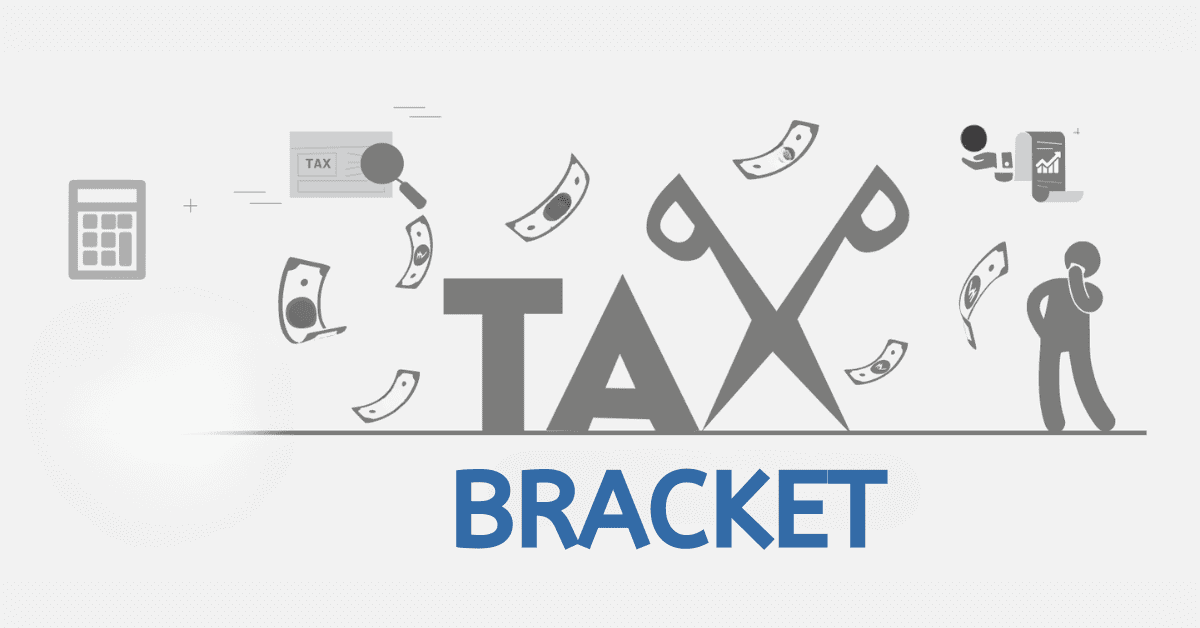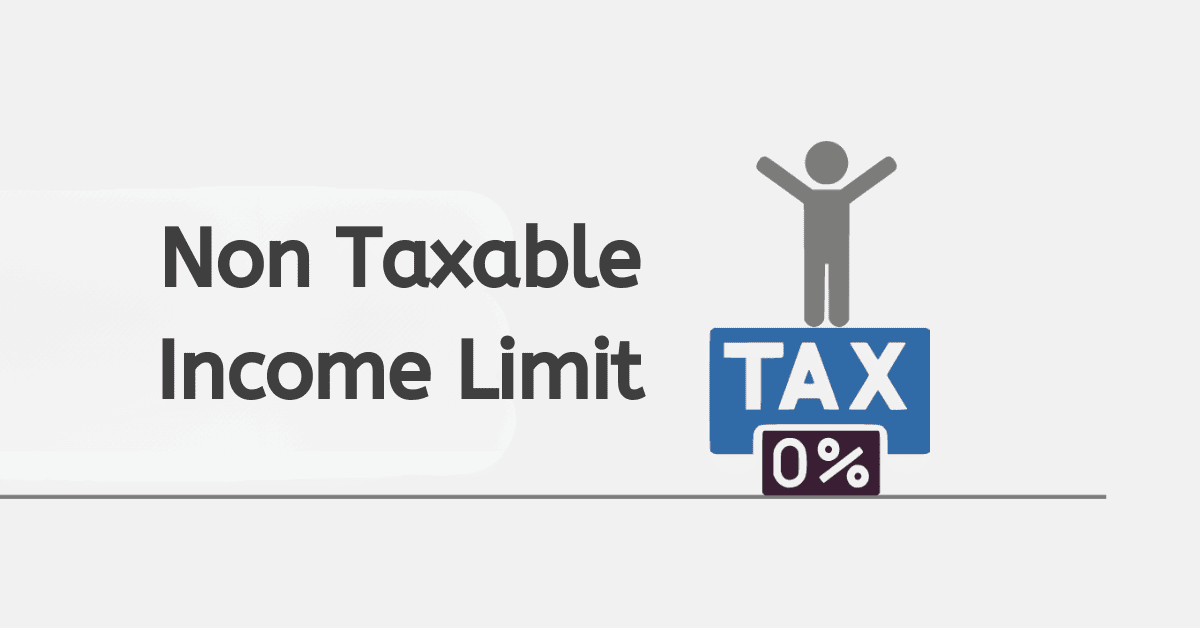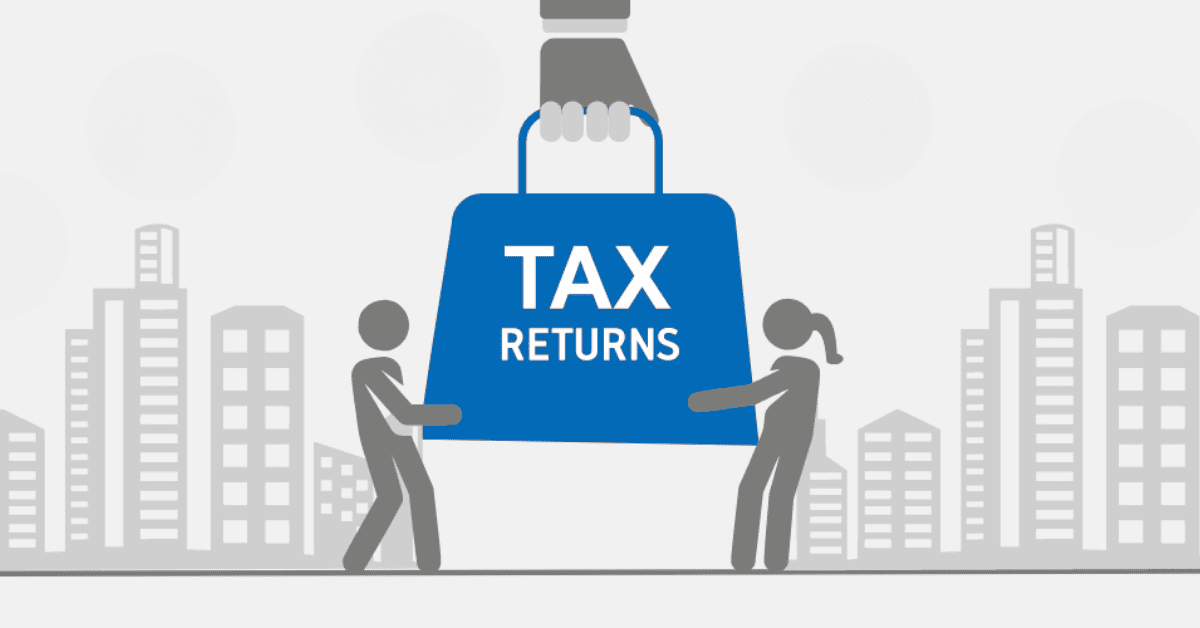Capital gains tax is like a tag-along friend to income tax in South Africa. It’s not a standalone tax, but rather, it’s part of the broader income tax system. CGT came into play on 1 October 2001 and applies to any asset you’ve sold or disposed of since that date. All the nitty-gritty details about CGT are in the Eighth Schedule to the Income Tax Act 58 of 1962.
So, what’s the point of CGT? Well, it’s all about fairness. It ensures that everyone pays their share of tax on their capital gains, helping to bridge the gap between income from capital and income from labor. Plus, it’s a bit of a deterrent for speculation and a nudge towards long-term investment. CGT is taxed at a lower effective rate than ordinary income and even turns a blind eye to certain capital gains and losses. And to sweeten the deal, CGT offers certain exemptions and concessions for specific taxpayers and circumstances.
What is Capital Gains Tax?
Capital Gains Tax is like a seesaw. It’s all about balancing what you gain from selling an asset against what you paid for it, plus any additional costs. The act of selling can mean many things – it could be a straightforward sale, a gift, a swap, or even a loss.
The profit or loss you make then gets a slice of it added to your taxable income. This slice, known as the inclusion rate, varies depending on who you are – 40% for individuals and special trusts and 80% for companies and other trusts. Your taxable income then gets taxed at the normal tax rate, which slides from 18% to 45% for individuals and is a flat 28% for companies and 45% for other trusts.
Let’s paint a picture. Say you sell a property for R1.5 million, but you originally paid R1 million for that property. Your profit is R500,000. With an inclusion rate of 40%, R200,000 gets added to your taxable income. If your normal tax rate is 30%, you’ll pay R60,000 in CGT at the end of that transaction. It’s all about the balance!
How do I calculate the capital gains tax?
Let’s dissect it!
Figure out your proceeds first. This is the outcome of selling the asset or what you ought to obtain. Instead, utilize the asset’s market value if the sale wasn’t fair.
Next, figure out the base cost. With additional expenses for fees, commissions, transfer fees, and other expenditures, this is what you paid or spent to acquire and enhance the asset. The basic cost can be found in various ways, depending on the asset and the acquisition time.
Calculate the capital gain or loss next. This represents the variation between the revenues and the initial cost. You’ve gained if the result is positive. A negative result indicates a loss.
Use the inclusion rate now. This portion of the gain or loss is contributed to your income, subject to taxes. Depending on your status, the rate varies – 40% for people and special trusts and 80% for businesses and other trusts.
Add the gain or loss’s taxable portion to the rest of your income. Apply the standard tax rate, which is determined by your income, after that. It is 28% for businesses, 45% for other trusts, and ranges from 18% to 45% for individuals.
Finally, deduct from the tax any refunds or deductions. A few cases of this would be the yearly exclusion, the exclusion for the principal home, the exclusion for small-sized companies, the exclusion for lump sum perks from retirement amounts, and so forth. And that’s it!
Who pays capital gains in South Africa?
Whether they are an individual, business, trust, estate, partnership, or another entity, everyone paying tax in South Africa must pay CGT.
You should clear capital gains tax (CGT) on assets conveyed into and transported out of South Africa if you live or utilize sufficient time there. You are a non-citizen if you do not stay or maximize sufficient time there. In this scenario, you only need to clear CGT on property, buildings, and rights in the South African land and on South African assets of an agency, such as a branch office, factory, workshop, mine, etc.
Some bodies, such as retirement money, charities, and societies, have reduced or no CGT obligations if specific requirements are met.
Which assets are subject to capital gains tax in South Africa?
Some assets that have CGT are:
- Property, like houses, farms, or offices;
- Investments, like shares, bonds, or unit trusts;
- Business assets, like goodwill, trademarks, or patents;
- Transport, like cars, boats, or planes;
- Collectibles, like art, jewelry, or antiques;
- Household items, like furniture or appliances;
- Farm assets, like livestock or produce;
- Cryptocurrencies, like Bitcoin or Ethereum.
Some assets or deals that don’t have CGT are:
- Personal assets, like clothes, hobbies, or stamps, but not property, transport, or coins;
- Retirement benefits, like pensions, lump sums, or withdrawals;
- Long-term insurance, like life, endowment, or disability;
- Compensation, like for injury, illness, or defamation;
- Winnings, like from gambling, games, or competitions;
- Awards, like for arts, sciences, academics, or sports;
- Education, like scholarships, bursaries, or grants;
- Donations to approved charities;
- Foreign assets for non-residents.
How does one avoid the capital gains tax in South Africa?
You can’t avoid CGT, but you can lower or delay it by:
- Taking off the annual exclusion – R40 000 for people and special trusts and R300 000 for the year of death, from the gain or loss before using the inclusion rate.
- Deducting the primary residence exclusion – R2 million for the first R2 million gain or loss from selling your main home.
- Taking off the small business exclusion, which is R1.8 million for the first R1.8 million of the gain or loss from selling a small business if you are 55 or older.
- Taking off the retirement fund lump sum benefit exclusion – for the gain or loss from getting a lump sum from a retirement fund.
